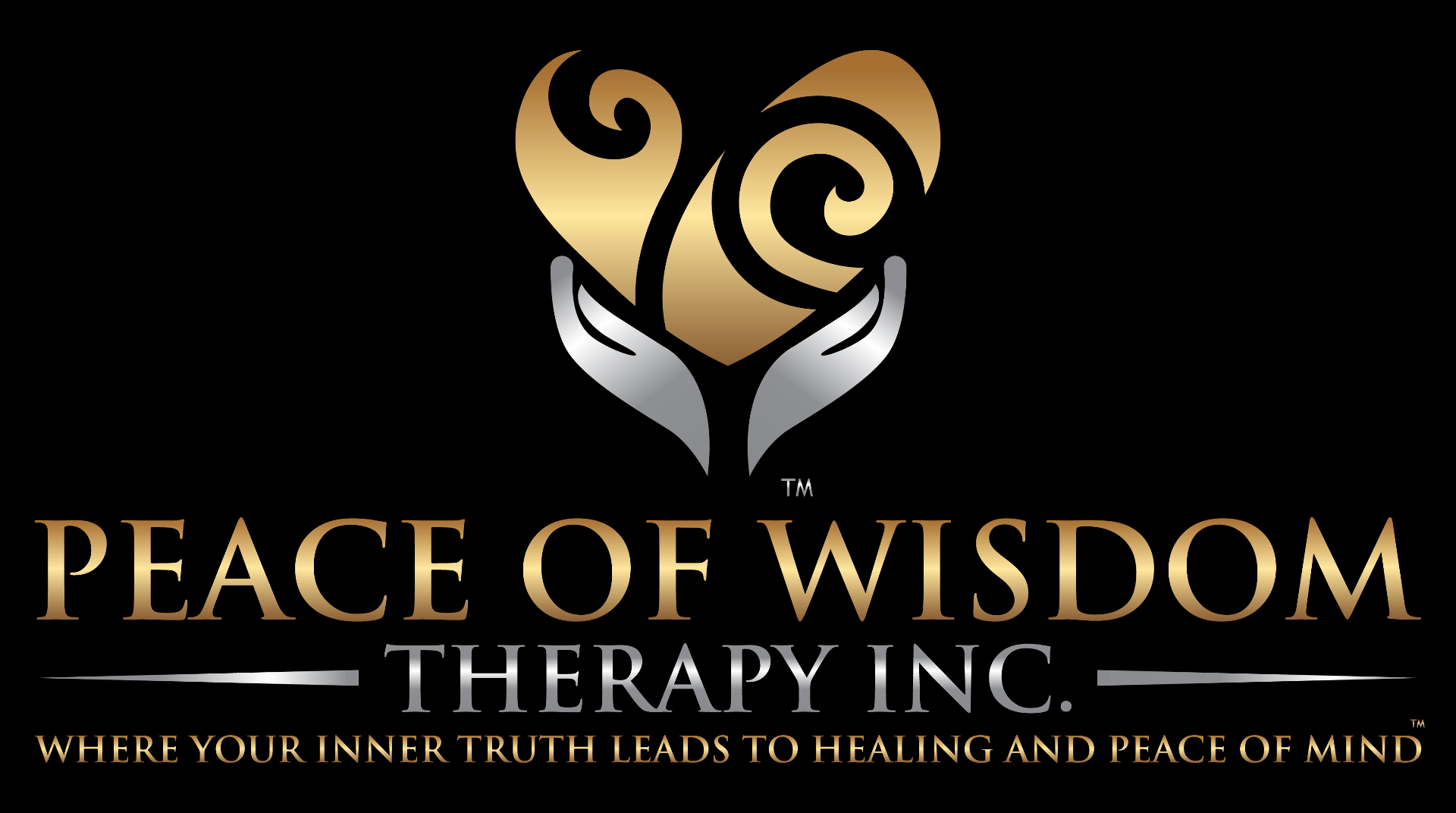5 Ways to Work Through Flashbacks

Only you can decide if something you’ve experienced is traumatic.
Flashbacks are your brain’s way of handling things you’ve experience that have been carved out in your mind as traumatic.
The mind has a way of protecting you from memories you are unable to deal with at a particular time, pushing hurtful memories into a hidden and buried part in your mind.
Sometimes these memories find their way to the surface and begin to invade your mind- described as intrusive memories. These intrusive memories can feel almost as traumatic as the initial hurtful experience.
Flashbacks usually happen without warning.
Sometimes, intrusive memories arise as a sign that there is a feeling of safety present that allows you to be able to handle some part of the trauma you could not handle before. Others result from a “triggering” or setting off that occurs by an external experience.
Triggers are typically sensory-based experiences that manifest through smells, sounds, tastes, textures that remind you of the experience that has carved out unwanted memories in your mind and overwhelming feelings in your heart.
For example, the smell of cologne or being hugged or grabbed can remind you of the person who abused you. The sound of fireworks or a car backfiring can strike up the feeling of terror because it reminds you of gunfire from a terrifying event that happened in the past.
Living with flashbacks is very difficult; mentally, and emotionally for you and the people in your life who experience the effects.
Here are 5 ways you can work through these disturbing jolts of memory that strike you unexpectedly:
1. Remember and Reassure yourself you are safe in the present moment
Remind yourself that you are having a flashback; remembering something dangerous or hurtful that happened in the past.
Tell yourself as many times as necessary that these are memories, what happened is in the past and you are safe in the present moment (of course if this is in fact true). Do this in the moment until you can feel yourself begin to calm.
2. Empower Yourself
Sometimes using your five senses can help you to be in the present moment. If one sense is causing the flashback – your sense of smell for example:
– use your other senses to bring you back to where you are right now (in your living room, in a grocery store, sitting down completing a work task).
– Looking around the space where you are and describing what you see, the colors, the smell(s), the objects in the environment, etc.
The feeling of your feet on the ground, and stamping them, can remind you that you are free to get away from any situation that has become uncomfortable for you.
3. Breathe
As soon as you become fearful or panicked, your breathing becomes shallow and erratic. Shallow breathing makes the situation worse and the stress you feel in that moment becomes amplified because your body is literally panicking from a lack of oxygen.
In these fearful moments, when you slow your breathing and take deeper and deeper breaths, you signal to your brain and body that everything is okay.
Through Deep Breathing, you are turning on the parasympathetic part of your brain that tells the body to calm your system down naturally.
4. Honor the Experience
The initial trauma was awful, so it’s perfectly reasonable for you to want to move away from the memory. At the same time, understand that your body needs to go through this process and experience a full range of emotions.
Respectfully acknowledge yourself for having gotten through a traumatic experience. Take the opportunity to feel empowered by your resilience that carried you through and helped you survive.
5. Find Support
It’s important that you let loved ones know about your flashbacks so they can help you through the process.
If you are unable to turn to anyone in your life, or just for additional support, you may find it highly beneficial to seek the guidance of a professional mental health therapist, like me, who can offer strategies to help you have emotional peace and calm.
Are flashbacks taking you away from living a happy, fulfilled life? Therapy can help. Let’s discuss things further and you can find out if I’m the right Therapist for you. Contact me to explore the best options for you.
SOURCES
https://psychcentral.com/lib/coping-with-flashbacks/
https://blogs.psychcentral.com/after-trauma/2013/11/why-do-flashbacks-happen/
https://www.psychologytoday.com/us/blog/healing-trauma-s-wounds/201506/understanding-and-working-flashbacks-part-one
Fisher, J. (1999). The work of stabilization in trauma treatment. Trauma Center Lecture Series, Boston, Massachusetts
Wieland, S. (1998). Techniques and issues in abuse-focused therapy with children & adolescents: Addressing the internal trauma. Sage


